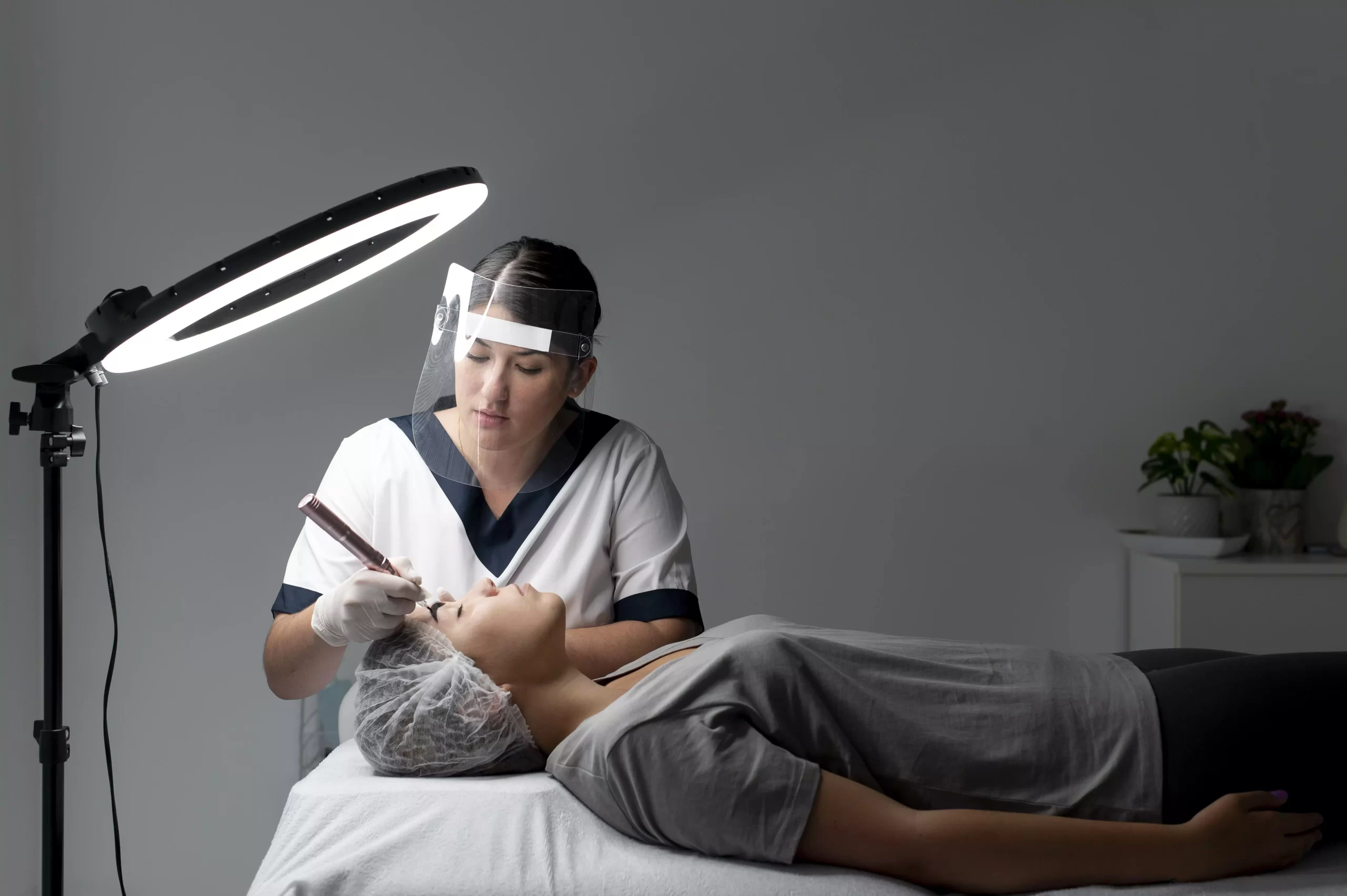Multiple sclerosis is a complex autoimmune disorder of the brain, causing a significant decline in the mental abilities of those affected. However, fatigue is one of the most common signs in the early stages of the disease. Regretfully, managing fatigue is also quite challenging. However, a new study by the Medical University of Vienna shows that light therapy may be quite effective in managing fatigue in those with multiple sclerosis. Multiple sclerosis is a complex disorder affecting the brain. It occurs when the body’s immune system starts attacking brain cells. Researchers are unsure why it happens or what causes this autoimmune disorder. It perhaps occurs due to genetics, environmental factors, exposure to certain toxins, and so on.
It is a progressive condition affecting about 300,000 to 400,000 individuals in the US. Despite all the progress in the medical world, its treatment remains unsatisfactory. Doctors can slow down its progress but cannot cure it. Fortunately, the disease behaves quite differently in individuals. Thus, many may expect to gain prolonged disease remission through drug therapy. Unfortunately, however, in a small number of cases, it continues to progress relatively fast.
Symptoms of the condition also vary significantly. It causes cognitive decline in all individuals causing issues like vision problems, muscle spasms, problems thinking, sexual issues, bowel problems, speech issues, and more. Hence, multiple sclerosis treatment focuses on not just preventing the disease’s progress but also countering some of the issues caused by the disease. Among the symptoms, one symptom stands out. It is present in all patients diagnosed with multiple sclerosis, and it is fatigue. Most people living with multiple sclerosis report severe fatigue. Fatigue in multiple sclerosis is debilitating.
Though few drugs, vitamins, supplements, and lifestyle interventions may help reduce fatigue, none of the treatment methods are perfect. What may work for one may not work for another. Moreover, managing fatigue is always challenging. Thus, doctors are always looking for novel ways to manage fatigue. Since fatigue is present in all multiple sclerosis patients, managing it requires continuous efforts. Hence, it is vital to find safer ways of managing fatigue. Generally, non-pharmacological means are safer; thus, doctors are exploring such means. Moreover, fatigue is becoming a common sign of many other ailments, necessitating research into the subject.
In the study recently published in the Multiple Sclerosis Journal – Experimental, Translational and Clinical, by researchers from the Medical University of Vienna, experts mentioned quite a simple and readily available way of managing fatigue in multiple sclerosis patients. Furthermore, they found that light therapy is quite helpful for the purpose. The study found that using light therapy for 14 days resulted in significant and measurable benefits in a small group of 26 patients. These findings are highly encouraging since such a therapy can be provided readily and safely.
In recent years light therapy has been gaining increasing attention as researchers realize that people are spending an increasing number of hours in dark conditions, away from direct sunlight. Adequate light exposure can influence the working of the brain, help regulate circadian rhythm, improve sleep quality, reduce depression, and it can even help counter fatigue. In the study, researchers recruited patients who were not living with sleep disorders like sleep apnea or periodic leg movements.
In the study, they exposed patients to 10,000 lux brightness. They also used a control group exposed to the right light of less than 300 lux. In the study, those exposed to 10,000 lux reported a significant reduction in fatigue. Still, such a benefit was not experienced by those exposed to low-brightness red light.
These findings are quite encouraging, as they show that some simple and readily accessible non-pharmacological means might be quite good for managing fatigue in multiple sclerosis. Of course, further studies are needed to define light therapy’s role in multiple sclerosis patients. It is also worth exploring if light therapy can help overcome fatigue due to other mental health issues.
Finally, it is also important to see if light therapy can alter the course of the disease or not and if it can help with other signs of the disease.
Read our more resources:
https://painmd.tv/few-short-bursts-of-physical-activity-may-significantly-prolong-your-life/
https://painmd.tv/vitamin-d-can-help-alleviate-depression-symptoms/




